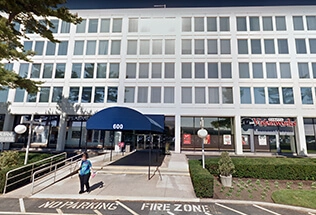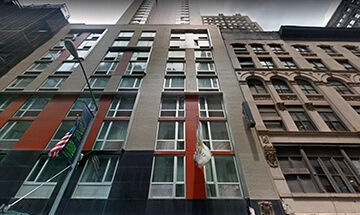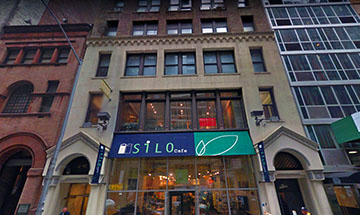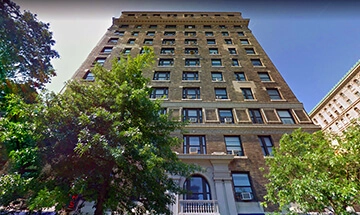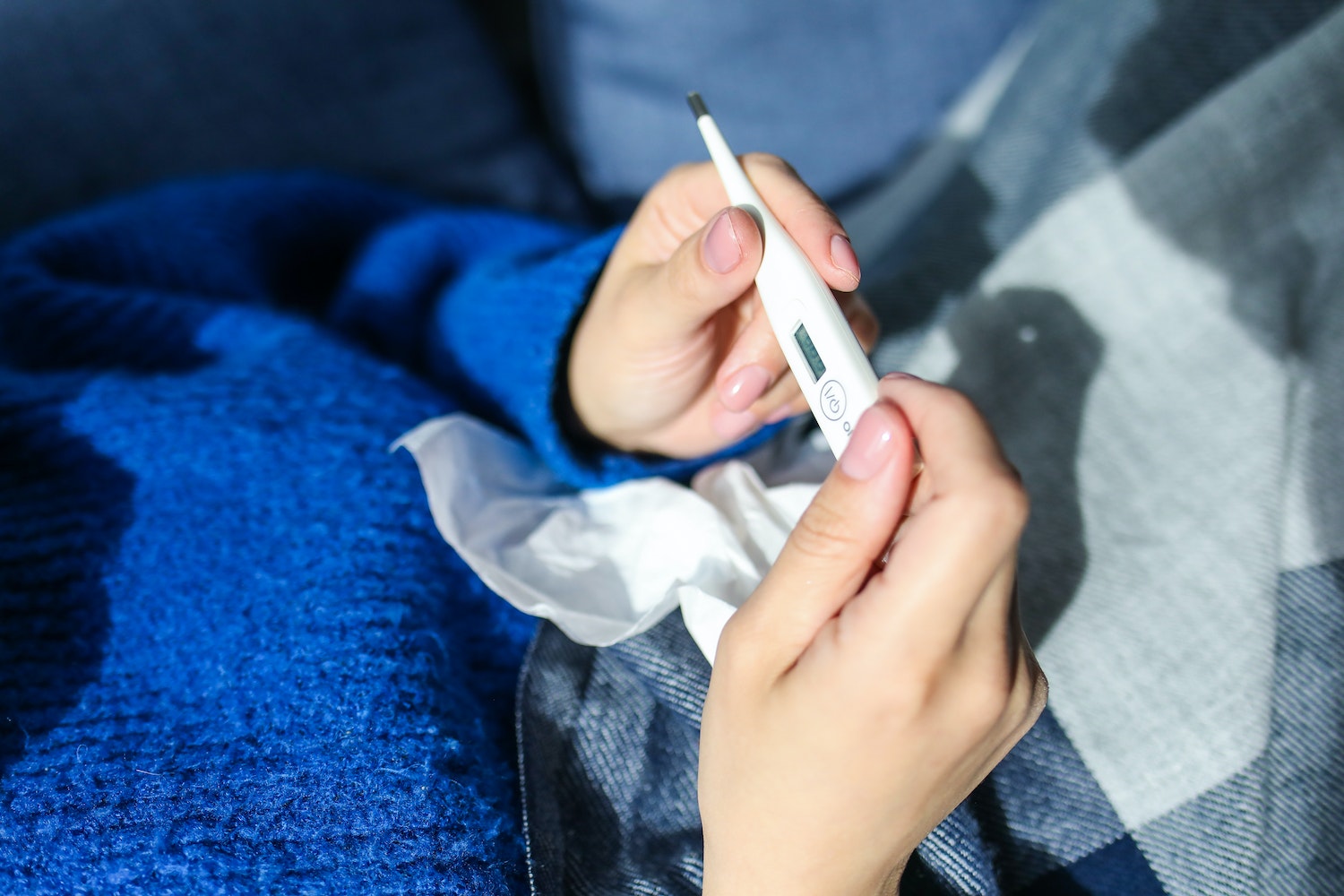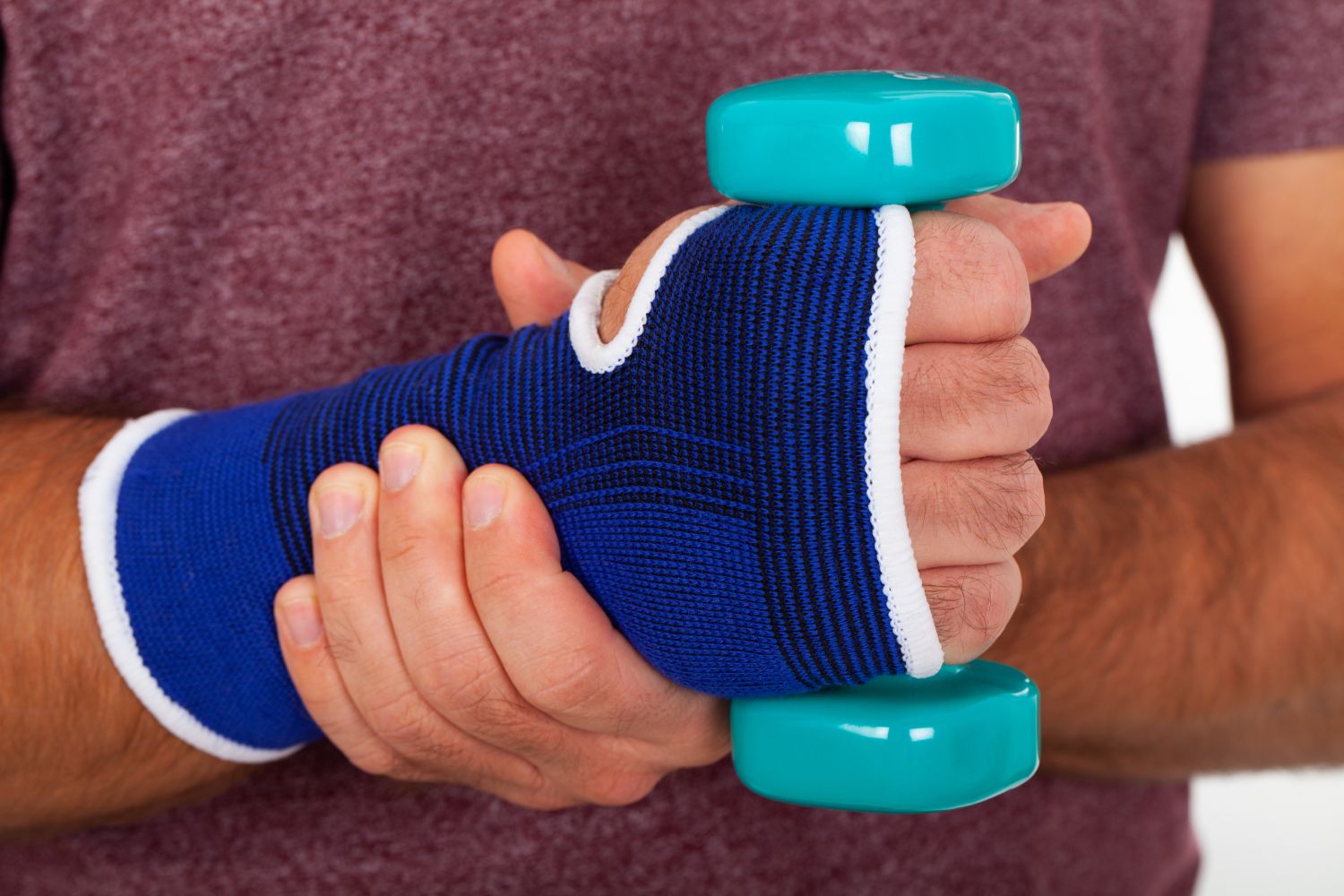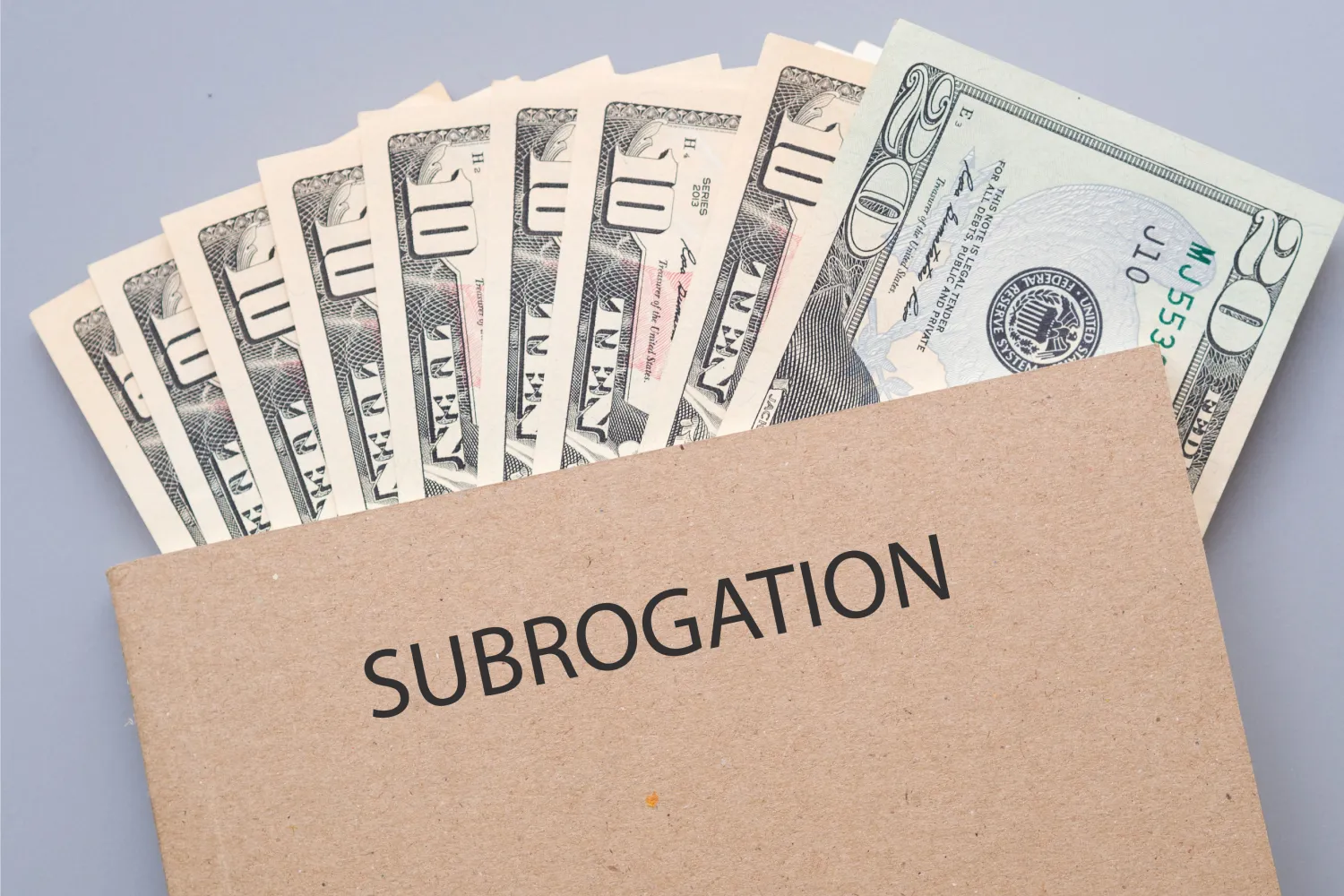All legal New York State employers have an obligation to give their employees time to recover when they are sick or injured. Accordingly, paid sick leave is a standard workplace benefit that you as a New York worker are granted when you’re physically or mentally ill.
As of the beginning of 2021, New York City and New York State employers must abide by the new Sick Leave Law, which outlines minimum sick time accrual regulations.
If you’re unsure how much sick time you have and how to take it, read on. We’ll discuss what you can expect in terms of paid sick leave. For more information and a free consultation regarding workplace rights, call Schwartzapfel Lawyers at 1-516-342-2200 or visit us online today!
What Is the NY Paid Sick Leave Law?
In essence, the New York Paid Sick Leave Law is a piece of legislation that was passed during the COVID-19 pandemic. The Law is intended to assist New York workers by guaranteeing employer-provided, paid sick leave starting in 2021. This means that the Law has been in effect for over a year and employers are now legally obligated to comply with its regulations going forward.
Note: The only exception to this law is certain federal employers, including federal government agencies. However, if you are employed by a private business in New York State, it is highly likely that the Sick Leave Law applies to you and your sick time accrual.
Included below is a breakdown of the major details of the Sick Leave Law in New York State.
Who Is Eligible for Sick Leave Under the Sick Time Law?
Under the Sick Leave Law, any private-sector employees in New York State are covered by its rules and regulations. This is true regardless of occupation, industry, overtime exemptions, and part-time or full-time working statuses.
Notably, federal, state, and/or local government employees are not covered under the Sick Leave Law. However, employees who work for private schools, charter schools, and any not-for-profit corporations are included in its regulations.
When Do Employees Begin Accruing Leave?
The Sick Leave Law stipulates that all New York employees start accruing sick leave on September 30, 2020. Additionally, new sick leave has to be accrued at a rate of at least one (1) hour for every thirty (30) hours of work.
While employers can choose to provide their employees with more sick leave if they choose, this is the bare minimum mandated by the state government.
How Much Leave Do Employees Receive?
Employees who work for eligible organizations will receive their sick leave based on the size of their employers. Here’s a breakdown:
- If the employer has 100 or more employees, they must provide up to 56 hours of paid sick leave per calendar year
- If the employer has between five (5) to 99 employees, they must provide up to 40 hours of paid sick leave per calendar year
- If the employer has four (4) or fewer employees and had a net income of more than $1 million in the previous tax year, they are required to provide up to 40 hours of paid sick leave per calendar year
- If the employer has four (4) or fewer employees and had a net income of $1 million or less in the previous tax year, they are required to provide up to 40 hours of unpaid sick leave per calendar year
In some cases, such as sole proprietorships or very small businesses, smaller employers with four or fewer employees and a net income of $1 million or less can opt not to pay their employees sick leave at all. However, they must still provide extra allotted leave time, like general paid or vacation leave.
Note: For the above rules, a calendar year is the 12-month timeframe between January 1 to December 31.
To learn more now at no charge, call Schwartzapfel Lawyers at 1-516-342-2200 and speak directly with one of our skilled attorneys. Alternatively, visit us online to schedule your free consultation today!
Sick Leave Time Rollovers and Distribution
According to the New York Sick Leave Law, sick time may be rolled over into the next week, month, or year. That means employees don’t have to worry about sick time expiring. Moreover, there’s no cap or maximum amount of sick leave that can be rolled over into the next year. This is distinct from vacation time, which retains employed-mandated caps or limits.
As well, new regulations indicate that employers are allowed to frontload all sick time they plan to offer employers throughout the year upfront. For example, suppose an employer is obligated to provide an employee with thirty (30) hours of sick time over the course of the year. In that case, they can provide the employee with that sick time right off the bat in January as a benefit and goodwill perk.
This enables employees to take as much sick time as they need if they become sick at the beginning of the year without having to dip into their vacation time pools or simply go without pay.
How Can Employees Use Sick Leave?
The Sick Leave Law is an important evolution of sick leave regulations because it includes the use of sick time for mental health purposes.
Specifically, sick leave can be used after they give their employer a written or verbal request for:
- Time off for mental or physical illnesses, including injuries and long-term health conditions. Note: Employees can take sick time for this purpose even if it hasn’t been diagnosed and regardless of whether it requires medical care.
- For diagnosing, caring for, or treating a mental or physical illness, health condition, or injury. Again, no diagnosis for preventative care is strictly necessary.
Furthermore, the Sick Leave Law allows employees to take sick time for “safe leave,” which encompasses any work absence an employee takes when they are a victim of domestic violence.
To this end, employees can use this leave to obtain services from programs like domestic violence shelters or rape crisis centers, to file complaints or domestic incident reports with law enforcement, to meet with a district attorney, or for any other purpose related to seeking safety and shelter from domestic violence.
Sick Leave Increments
Under the Sick Leave Law, employers are allowed to require employees to take sick leave and increments, such as fifteen minutes or one hour. However, the minimum increment cannot be set for more than four hours.
For example, an employee may have to take sick leave in four-hour chunks of time. An employer can’t mandate that sick leave be taken in five-hour chunks instead.
Sick Leave Pay
Whenever an employee takes sick leave for any reason, the employer is required to compensate them with either their normal rate of pay for any paid leave time or the applicable minimum wage rate, whichever is greater. Note: Employers cannot give their employees credits or allowances in place of sick leave pay, and employers can’t reduce an employee’s pay rate for sick leave hours only.
In essence, this means that employees get paid the same for sick leave hours as they do for vacation leave hours and vice versa.
COVID-19 Updates
Due to the COVID-19 pandemic, employees are allowed to take sick leave if they, their child, or any other close family member tests positive for COVID-19. Furthermore, employees may be eligible for a separate quantity of paid leave in order to get vaccinated against COVID-19. This extra paid leave does not dip into an employee’s sick leave pool or accrued hours.
Records of Sick Leave
According to the Sick Leave Law, all employers must keep their payroll records for six years. Those payroll records also have to include how much each employee accrued sick leave and how much each employee used sick leave on a weekly basis.
If employees request their records, employers are required to provide them within three (3) business days. This includes a summary of how much sick leave was accrued and used by the requesting employee.
What Happens If an Employer Has an Existing Sick Leave Policy?
If an employer already has an existing sick leave policy, it must meet the requirements broken down above. Otherwise, the policy must be changed in order to become legal.
How Are Employees Protected When Taking Sick Leave?
The Sick Leave Law strictly states that employers are not allowed to retaliate against employees in any way for exercising their sick leave rights. On top of that, all employees have to be restored to employment (i.e., rehired) if they were terminated because of sick leave retaliation.
If employees think they were retaliated against for taking sick leave, they should contact the Department of Labor and its Anti-Retaliation Unit. Alternatively, employees can contact knowledgeable workers’ law attorneys like Schwartzapfel Lawyers at 1-516-342-2200.
What Happens If Your Employer Refuses To Grant You Sick Time?
If your employer refuses to grant you the sick time you are legally allowed to take, you may have grounds for legal action.
If such an event occurs, you may be able to sue your employer in order to receive financial compensation to pay for medical bills and related expenses, or you may be able to sue your employer to regain your original position in addition to back pay and the restoration of your original sick pay hours.
Knowledgeable attorneys can help you through this process by:
- Gathering evidence for you
- Explaining your rights and responsibilities
- Offering sound legal counsel and helping you make the right choice for your family and your finances
- And beyond!
At Schwartzapfel Lawyers, you’ll become part of an extended legal family that doesn’t stop until your case is settled and you are made financially whole again.
Contact Schwartzapfel Lawyers Today
As a New York employee, you’re entitled to a certain amount of sick leave if you become physically or mentally ill. If your employer doesn’t allow you to take this sick leave, or if they don’t provide you with sick time at all, you may have grounds for a successful lawsuit.
Schwartzapfel Lawyers is well-equipped and ready to assist with your case. Our experienced attorneys have helped thousands of New Yorkers just like you win legal fights against abusive employers. Contact us today for a free case evaluation at 1-516-342-2200. Alternatively, visit us online to schedule your free consultation now.
But you shouldn’t wait, as your window to file a claim and recover all the money and benefits you are entitled to may soon close forever. To keep that from happening, have Schwartzapfel Lawyers fight – and win – for you.
Call now!
DISCLAIMER: Nothing on this page should be considered legal advice. You should seek the appropriate counsel your situation requires. For more information, call 1-516-342-2200 now!
Sources:
Schwartzapfel Lawyers, P.C. | Fighting For You™™
SECTION 196-B Sick leave requirements | NYSenate.gov



